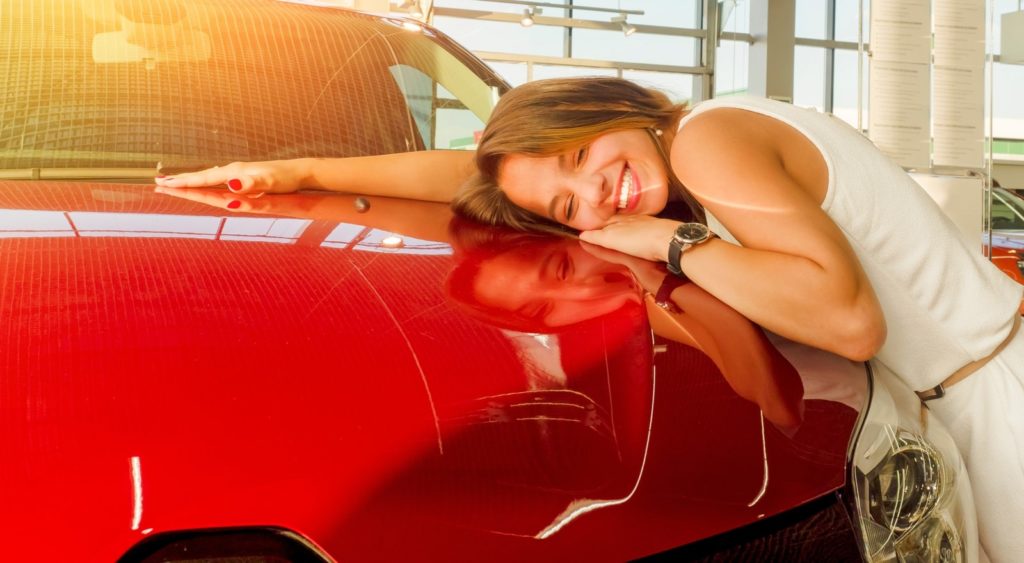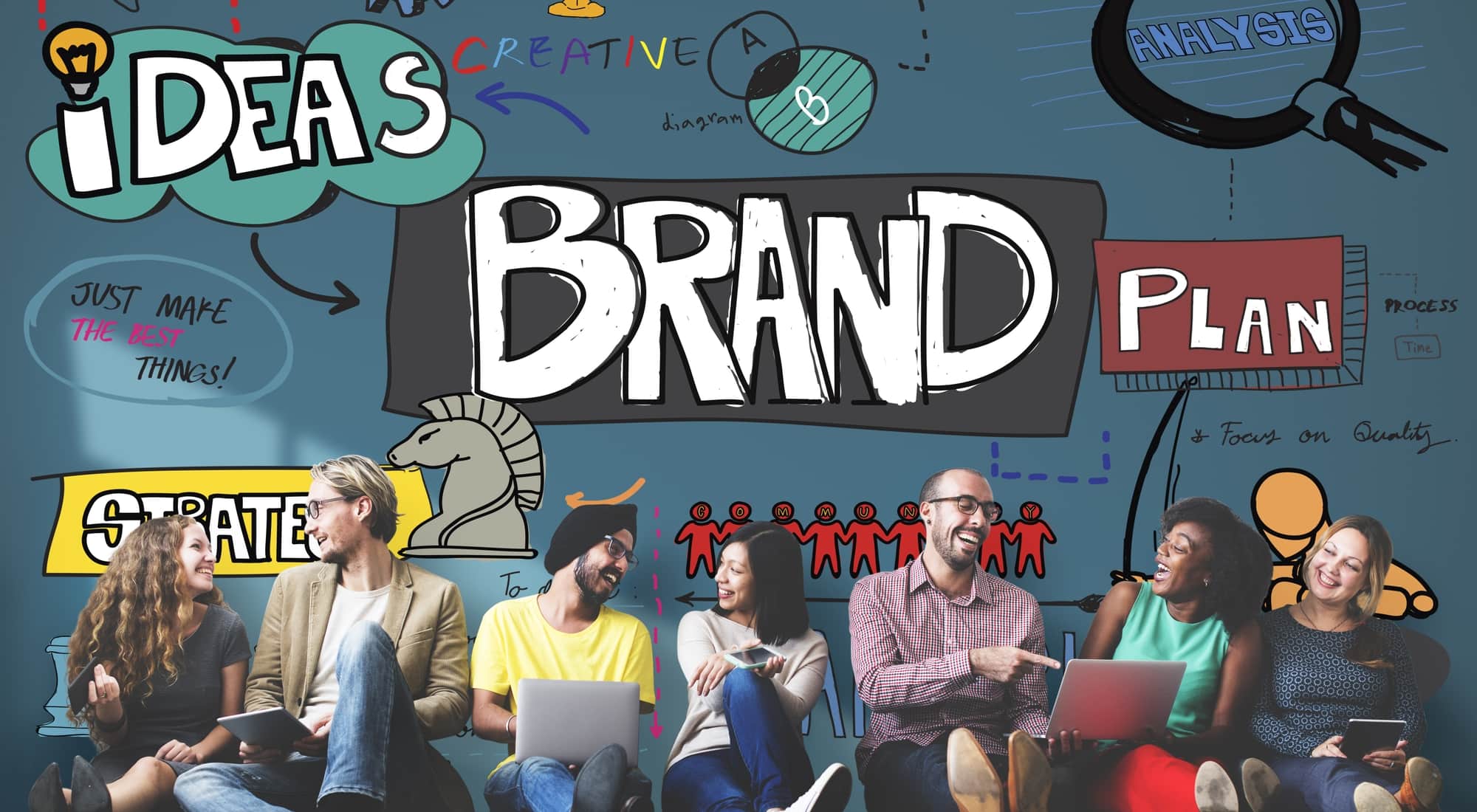Which strategy best helps a famous brand company reach consumers? Are purchase decisions driven by a calculated comparison of features, benefits and price points? According to Harvard Business Professor Gerald Zaltman, it’s the polar opposite. In his book How Customers Think: Essential Insights into the Mind of the Market, Zaltman claims 95% of purchasing decisions are driven by the subconscious—or, to put in the vernacular—feelings.
The advertising world bears out the fact that more often than not, the heart indeed wins out over the head. Consider how flagship corporations rate on the emotional branding scale in a study done by Motista, a corporation measuring emotional intelligence: BMW scores 60%; Disney, 49%; Panera Bread, 46%; Marriott, 48%.
Indeed, the advertising bears it out. In the battle of brand identity versus brand image, image wins out, grabbing our emotions. Consider a BMW commercial for their M series. We see a jet pilot having to forsake his flight because of inclement weather, only to “take off” in his new BMW on a winding road through the clouds—this isn’t just a poke at our desire for power, it’s a cattle prod with the sharpest point. How about the Marriott ad that inspires us to “See Beyond,” with intrepid travelers swimming among towering waterfalls, standing amidst vast caverns, or strutting toward the Pyramids of Giza like they’re ready to claim the deed? Does that not appeal to the thrill seeker inside each and every one of us?
Yet that’s the whole idea—winning the heart wins much more than a one-time sale. The bond can be so strong, customers will often unconsciously stamp themselves with brands. Simply stated, brand personalities become our personalities. Think about the following quote from Nyimpini Mabunda, Marketing Manager for Smirnoff Vodka:
“Customers define themselves through brands they use. The branded clothes they wear, the cars they drive, the drinks they consume, university they attended, favourite spots to hang out, and so on.”
Is it the luxury watch that appeals to you because of its superior craftsmanship and lifetime guarantee, or is it the prestige and status that flashes every time you twist your wrist? Is it the beautifully made car that will last 200,000 miles, or that stamp on the hood that makes people nod with reverence every time you pull into the office?
According to Rockcontent, an online vendor for distinctive content experiences, emotional advertising is 50% more effective than advertising that doesn’t tie into the emotions. What’s more, according to the same source, when customers are emotionally attached, they’re more valuable to a brand by 52%. If your brand essence moves the heart, it makes all the difference.
So, speaking from the heart, rational branding may win some sales, but emotional branding wins relationships—and when they’re carefully crafted, they can last a lifetime.




